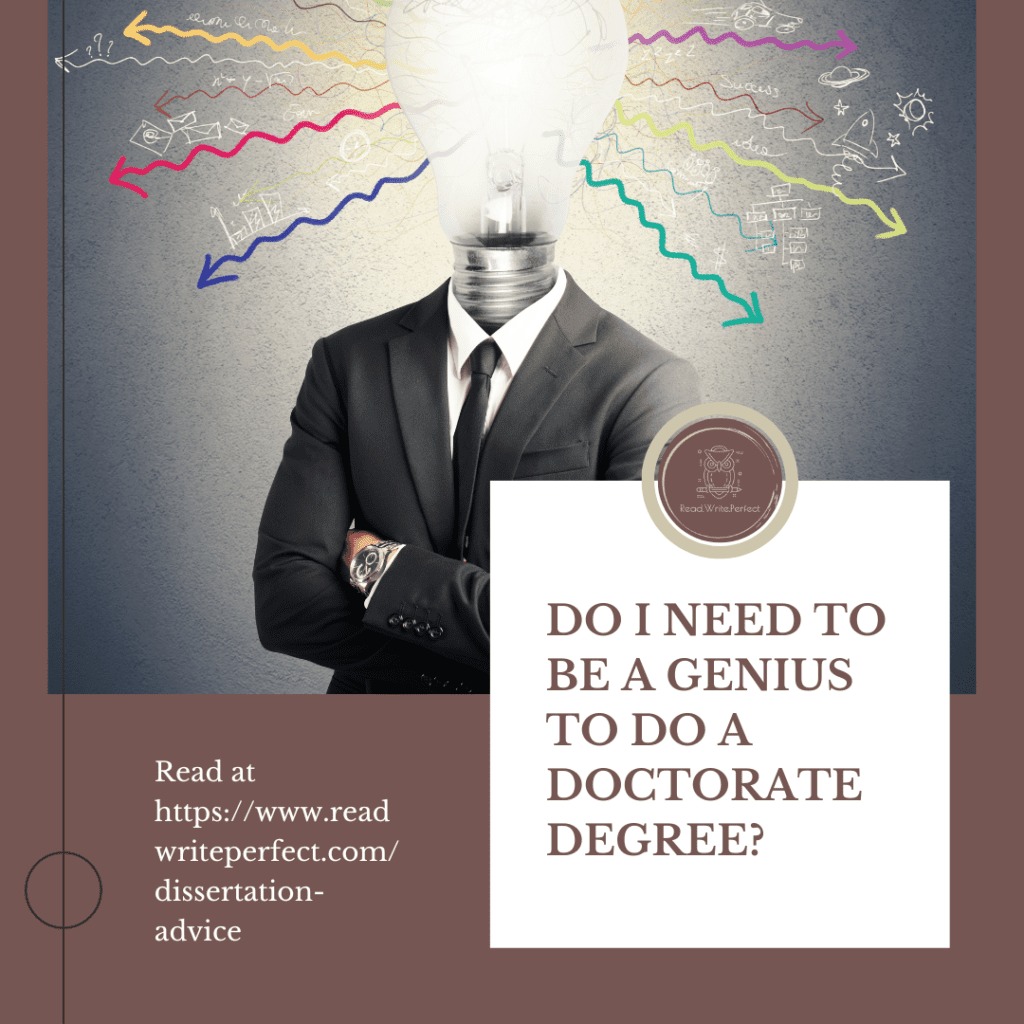
In fact, your IQ has very little to do with whether you will be successful in a doctoral program. What’s more important is that you have the skills to complete some intense independent work and the character of someone determined to get the work done.
In this post, I’ll spell out the top skills you should look for in yourself if you are thinking about enrolling in doctoral degree, focusing on five that every doctoral student needs to succeed.

Understanding how to find and read academic sources, formulate research questions, and identify different types of research approach will be essential to crafting and conducting your project.
You’ll have learned some of these skills in previous degrees, and some will be taught to you during your doctoral program. However, be aware that few programs spend much time teaching these skills; if they are not your strong point, start seeking extra help early.






First, you’ll need to successfully communicate your research project idea to your department, potential chairs, and potential committee members. Then, you’ll need to communicate your research findings both orally (in your defense) and on paper (in your report). You’ll also need to be able to communicate effectively with your chair and committee members during the project, to stay on track and get the help and feedback you need.
If public and private communications are something you struggle with, consider taking a communications course to ensure you have the communication skills you need to get through your program.






A supervisor might not be returning feedback in a timely manner, participants may not be following instructions, a committee member might be asking for changes that don’t make sense for your project, or your program may not be delivering the support that was promised. At these times, you will need to be able to articulate and stand up for what is right in a way that is effective without being offensive.
If you are the sort of person who hates disagreements, has trouble being assertive, or is prone to accidentally escalating disagreements, then be aware that you may find the realities of doctoral environments challenging. Having strategies and resources in place before they are needed can help to lessen these challenges.






This will mean setting your own schedule and sticking to it, breaking large tasks down into manageable objectives and deadlines, and being critical of your own output.
Luckily, if you are not already a naturally independent worker, there are lots of supports you can turn to, from coaches to apps, that will help you learn to stay on track.






Without some key writing skills, such as clear expression, mostly correct grammar, and a basic understanding of referencing and plagiarism, you are unlikely to produce work that will make it past the first hurdle, even if your ideas are phenomenal. Many supervisors won’t even read work that does not demonstrate these basic writing skills.
If you are not the strongest writer in the world, you can strengthen your skills by taking writing classes, making use of academic writing centers, and even working with professional editors to polish your work. NEVER ask someone else to write your dissertation, as this is academic misconduct.
Do you need some help developing these key doctoral skills? Book a free session to find out how dissertation coaching can help.

